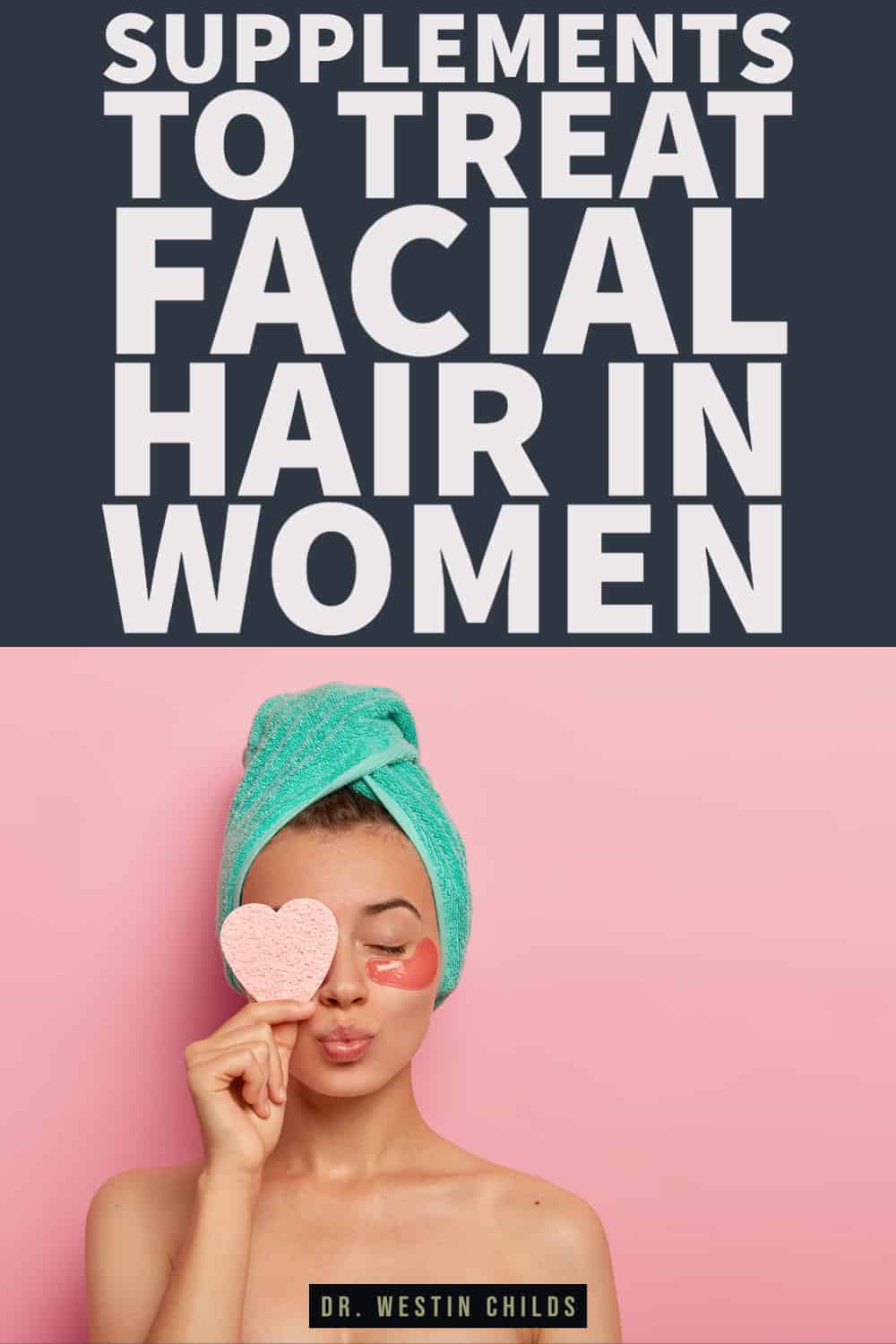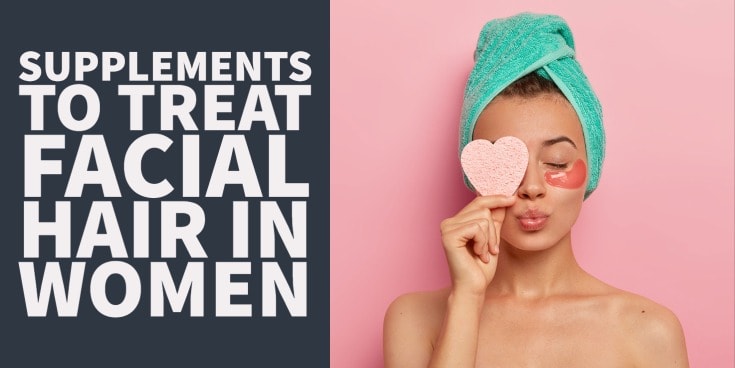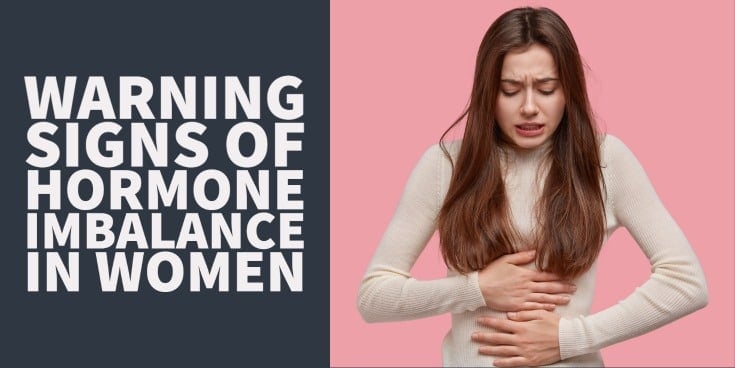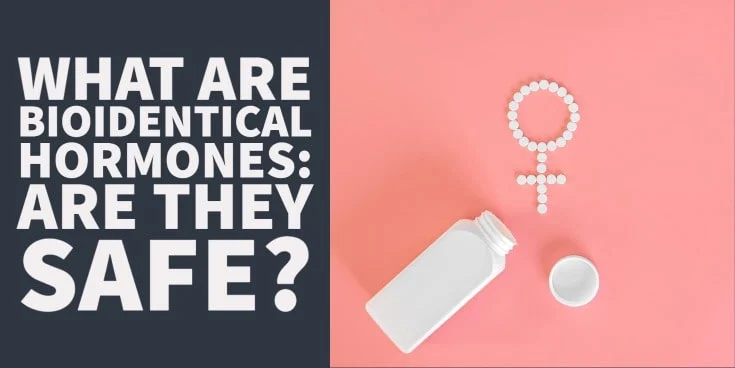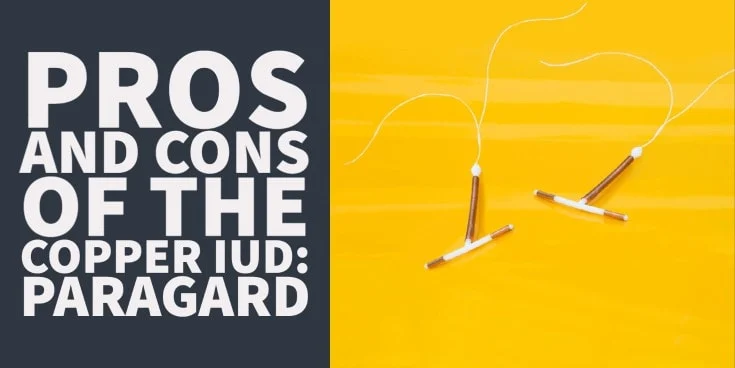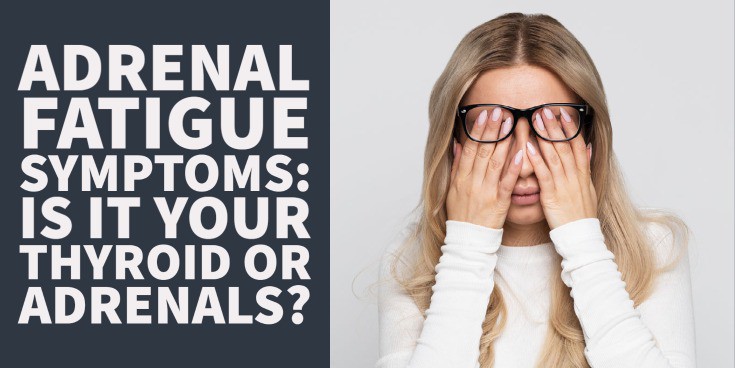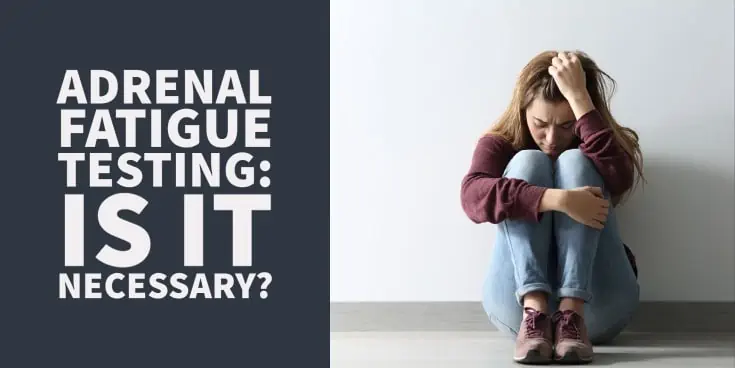Facial Hair in Women – What Causes it?
Have you noticed that you are growing hair on your face where shouldn’t?
Have you noticed that this increase in hair is getting worse as you get older?
Believe it or not, this is actually fairly common and it has a name:
Hirsutism (1).
Hirsutism is the official medical name given to facial hair which grows on women in a pattern that is normally found on men.
And it’s quite emotionally distressing!
It can leave women feeling self-conscious and result in costly therapies and treatments in an attempt to remove it.
Today we are going to talk about TREATING this facial hair in a natural way.
In order to dive in, you should be aware of a few simple facts about this type of facial hair in women.
The first is that it’s almost always caused by problems with your sex hormones, predominately testosterone.
The manifestation of facial hair in women usually indicates a problem with too much testosterone activity.
Another word for this is androgenic activity which refers to testosterone activity at the cellular level.
While testosterone is incredibly beneficial for women, you only want it in certain amounts.
If you have too much testosterone activity in your body you will start to experience symptoms such as acne, facial hair growth, and even male pattern baldness.
The key to preventing facial hair is all in your sex hormones.
While testosterone is important for women, it must be balanced by estrogen and progesterone.
If you have estrogen and progesterone problems then you will automatically see testosterone problems.
You will not have any facial hair as long as estrogen, progesterone, and testosterone are in balance.
As women age, they see a decline in both progesterone and estrogen levels.
Progesterone tends to start declining rapidly around age 35 and estrogen takes a more rapid decline later in life with menopause.
As both of these hormones fall, it allows testosterone to slowly creep up to higher and higher levels.
This is why facial hair typically doesn’t manifest until later in life UNLESS you suffer from PCOS.
PCOS sets the stage for all of the hormone imbalances which lead to hirsutism but it can occur much much earlier.
Using Anti-Androgenic Supplements to Treat Facial Hair in Women
If you are serious about getting rid of your facial hair then you should be aware of a few important facts:
The first is that facial hair can be tricky to treat and you should not rely solely upon these supplements to completely fix the problem.
Supplements can be powerful tools but I never recommend you use them without any additional therapies.
You’ll get much better results if you combine these supplements with changes to your diet, regular and routine exercise, reducing your stress, and making sure you sleep a solid 8 hours each night.
The second is that you not only want to focus on reducing testosterone (or androgenic activity) but you also need to balance your estrogen and progesterone levels.
You will find that some of these supplements work because they help to improve your progesterone levels or to balance your estrogen levels.
Remember:
Estrogen and progesterone have a natural testosterone-blocking effect, so you can impact your testosterone by impacting these other hormones.
Okay, with this information out of the way let’s jump in:
#1. Bio-identical Progesterone
Progesterone is #1 for a good reason.
It’s probably the single most important hormone you need to focus on balancing when it comes to naturally managing hirsutism.
While progesterone is VERY important for general female health, it’s also important for managing facial hair in women for the following reasons:
- #1. It has activity on the 5-a reductase enzyme (2)
- #2. It reduces a pituitary hormone known as LH (3) or luteinizing hormone
- #3. It blocks androgen receptors provided your levels are normal
As we talk about reducing testosterone you will see that many of the supplements listed here have some impact on the 5-a reductase enzyme.
This enzyme is responsible for turning testosterone into the much more potent androgen known as dihydrotestosterone or DHT.
DHT is much more potent than testosterone and causes both facial hair growth and hair loss (male pattern).
Any therapy which reduces the activity of this enzyme will help with facial hair and progesterone is one of those!
Progesterone also helps by reducing another hormone known as luteinizing hormone or LH for short.
LH is produced in the pituitary gland and it tells your body to produce more testosterone.
Taking progesterone will feedback and reduce LH levels which will reduce testosterone production.
You can get all of the benefits from progesterone in 1 of 2 ways:
– Naturally increase your progesterone levels
– OR take bio-identical progesterone either through a cream, gel, or a capsule/pill
Depending on your preference, and your progesterone level, you may want to choose one or both of the two methods listed above.
The fastest and quickest acting method is to use a progesterone supplement.
How do you get progesterone?
Fortunately, progesterone, while it is a hormone, is available over the counter in the United States.
The only form of progesterone NOT available over the counter is the capsule version known as Prometrium.
Make sure you do NOT confuse progesterone with birth control pills!
Birth control contains a synthetic version of progesterone which is NOT the same thing as the bio-identical version of testosterone I am referring to here.
Only use that version if you want to have the desired benefits I’ve mentioned above.
#2. Zinc
When it comes to women’s health, I can’t think of a nutrient more important than zinc!
Not only does zinc help regulate your thyroid, but it also helps keep your sex hormones balanced.
When you consider that so many women are zinc deficient, it’s no wonder that they struggle with both thyroid and hormone imbalances in record numbers.
Zinc has plenty of very important and beneficial effects, but the ones we are going to focus on today are those which impact your androgen and progesterone levels.
Zinc has an impact on the enzyme 5-a reductase (4) (the one we mentioned above), which helps to reduce the conversion of testosterone to DHT.
If you have ever struggled with acne then you probably are aware that zinc is often recommended as a treatment for certain types of acne, including hormonal acne.
And the reason it works is because of its impact on this enzyme and its impact on androgenic activity in your body.
But that’s not all.
Zinc also has a progesterone boosting effect on progesterone.
So zinc can be taken, if you are deficient, to help normalize your progesterone and therefore your ovulatory cycle.
How do you get it?
You can consume zinc-rich foods but I personally don’t think this is the best method to get zinc.
A more reliable way to get zinc is through supplementation.
When you supplement with zinc try to get low doses as higher doses can cause stomach upset.
I prefer doses in the 10mg per day range but some supplements go as high as 30mg per day.
#3. Reishi Mushroom
Reishi mushroom can help in two very important ways:
The first is through its impact on 5a-reductase and its ability to downregulate this receptor.
The other is through its impact on the HPA (hypothalamic-pituitary axis).
The HPA system is the system in your body that manages your stress.
Heavy stress can lead to damage to this system which results in issues with cortisol and your ability to manage stress.
The more stress you are under the more damage you may experience in this system.
We care about the HPA axis because it, as well as cortisol, indirectly impacts other hormones such as progesterone and estrogen.
As a woman, you probably know that severe stress can impact your menstrual cycle either by causing it to come early or delaying it by several days.
Daily stressors have a much smaller effect on this system but they do add up over time.
Taking Reishi mushroom may help regulate and support the HPA axis which helps balance your hormones in an indirect way.
#4. DIM (Diindolylmethane)
Next up is something called diindolylmethane or DIM for short.
DIM is a naturally occurring compound found in certain types of vegetables (cruciferous vegetables).
The reason we care about DIM is because of its impact on estrogen metabolism.
Many women don’t realize that there are harmful estrogens as well as beneficial estrogens and these estrogens must play together nicely in a harmonious balance.
DIM acts by helping the body ELIMINATE the more potent and harmful estrogens (5) while providing more of the healthy and less potent forms of estrogen.
For those who tend to be on the more nerdy side, these estrogens include 2-hydroxy estrone and 2-methoxy estrone.
How does this relate to facial hair?
Well if you recall from my previous comments in the beginning, if you can do anything to naturally improve estrogen levels then you will naturally reduce testosterone.
In addition, it seems that DIM has the effect of blocking androgen receptors (probably because of its impact on estrogen metabolism).
How do you get DIM into your diet?
The good news about DIM is that you can both supplement with it as well as consume it in foods.
Consuming cruciferous vegetables such as Kale, Cabbage, and Brussel Sprouts will help you get more in your diet.
And if you want an extra added boost you can also take it in supplement form as well.
#5. Melatonin
Lastly, another supplement you can consider to help is melatonin.
But before you run out and start using it make sure you read this section.
Melatonin is classified as a hormone even though it is available over the counter.
And using hormones always come with some potential problems as they feedback to reduce the amount of hormone that your own body can produce naturally.
Melatonin is no different in this regard.
Having said that, we do have some studies which show that using melatonin can help improve the symptoms of PCOS (6).
We also know that taking melatonin can help improve sleep, reduce inflammation, and reduce oxidative stress.
It’s probably because of its impact on sleep that it reduces inflammation but the exact mechanism isn’t clear.
What is clear though is this:
Your body NEEDS to get enough sleep each and every night.
And not getting enough sleep is enough to disrupt your hormones (including testosterone and estrogen) as well as inflammatory levels in your body.
In this sort of situation, melatonin use may be warranted and beneficial.
But I would not recommend taking melatonin unless you are also having issues with sleep.
I would also start with the other supplements listed above before using this one.
The Bottom Line?
Let’s wrap this up in a couple of easy-to-understand sentences.
If you are suffering from facial hair growth remember that it is never a normal sign and that there are things that you can do.
The supplements I’ve listed above can all potentially help with this problem but always use them in conjunction with other natural therapies, hormones, medications, and lifestyle changes.
The best way to manage facial hair growth is to focus on balancing your estrogen and progesterone levels.
As you do this you will naturally reduce testosterone levels and balance your other hormones along the way.
Now I want to hear from you:
Are you currently suffering from facial hair growth?
Do you know if your testosterone is out of balance?
What about your estrogen and progesterone? Have you had any of these sex hormones tested recently?
Have you tried any therapies to help reduce your facial hair? If so, did they work?
Leave your questions or comments down below!
